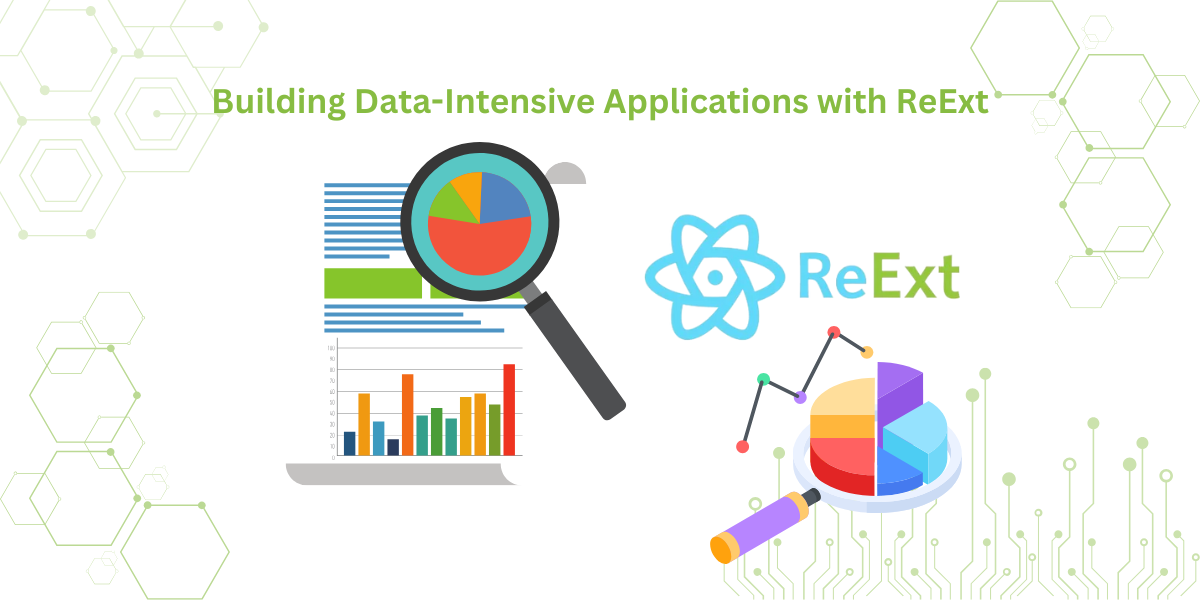HTML5 Best Practices – Your Questions Answered
 In our recent webinar, Best Practices for Building HTML5 Applications, we gathered a panel of HTML5 and JavaScript experts from around the industry to discuss their thoughts on a variety of meaningful topics, including:
In our recent webinar, Best Practices for Building HTML5 Applications, we gathered a panel of HTML5 and JavaScript experts from around the industry to discuss their thoughts on a variety of meaningful topics, including:
- the best resources for learning HTML5 and JavaScript
- current trends within web technology
- difficulties in choosing frameworks
- strategies for scaling application architecture
- mitigating the risks of future changes
- development considerations for mobile applications
- advice on managing teams
- our favorite tools
We really enjoyed being a part of this expert panel, and we certainly hope our insight was valuable to those who watched (watch the recording if you missed it).
After our hour-long exchange, we had a lively Q&A session with questions submitted by the audience. Unfortunately, the presentation ran longer than anticipated, and we couldn’t respond to all of your questions — but we still want to share our thoughts on a few great topics.
What are the technologies that you think are going to revolutionize web development in the near future?
Don Griffin
As more browsers add native support for things (e.g. Web Components, dependency management), I think we’ll see their impact increase because the need for tooling (such as “transpilers”) will go away. But perhaps it is more important to spin the question from “How will new technologies affect our code?” to “What new things do these technologies enable our applications do for users?” I think that is really where the excitement is for HTML5 in general.
Stan Bershadskiy
The whole Web Components / Polymer project looks very interesting — Modus Create has a lot of interest internally in the topic. I am also looking forward to ES6 Modules being implemented and becoming the standard for web developers (currently it is split between a framework proprietary loader, CommonJS and AMD). Hopefully in the future, we can standardize to use the ES6 Module implementation.
The concept of micro-frameworks has been a topic around the watercooler lately. What in your opinion constitutes a micro-framework? How is a micro-framework different than a modular framework?
Don Griffin
I would define a “micro-framework” as a library that intentionally limits its role to one piece of the overall application architecture (e.g. “just the data layer”). It can be blurry because perhaps more than one problem domain is addressed, but the idea is that real-world applications will have to find solutions to these other problems by using other libraries. The application architecture is then derived from the selection of these libraries and the glue you write to interconnect them.
Stan Bershadskiy
Micro-frameworks / libraries are made to do one particular task really well. Whether it’s Animations, Web Storage, Templating or any other web technology, there’s probably a tiny micro-framework for it. The difference between a modular framework and a collection of micro-frameworks is that the framework serves as the glue between the modules. It provides a mechanism for the modules to communicate with each other. Whereas, when you have a collection of micro-frameworks in your web application it is the developer’s responsibility to get the libraries working with each other in a meaningful and maintainable fashion.
Thank You!
We want to take this opportunity to say thanks to everyone who attended this live webinar and participated in the Q&A. We really enjoyed hearing about the issues that are important to you.
Sencha would also like to thank each of our panelists. We could not have put on such a great event without you.
- Don Griffin (Sencha)
- Greg Rewis (Apigee)
- Bruno Tavares (Netflix)
- Andrew Duncan (Swarm Online)
- Stan Bershadskiy (Modus Create)
- Josh Birk (Salesforce)
Please stay tuned to the Sencha webinar channel for more exciting content — and we hope you’ll join us at SenchaCon in April to talk about more best practices for designing, developing and deploying applications using HTML5!
Register now for SenchaCon — Early Bird pricing has been extended until February 14th. Check out all of the details about the sessions and conference on the SenchaCon website.

User experience matters just as much as the services a company offers. To meet this…

The latest industry reports show that around 60% of web applications rely on data grids.…

In the current age where data is wealth, almost 2.5 quintillion bytes of data are…









